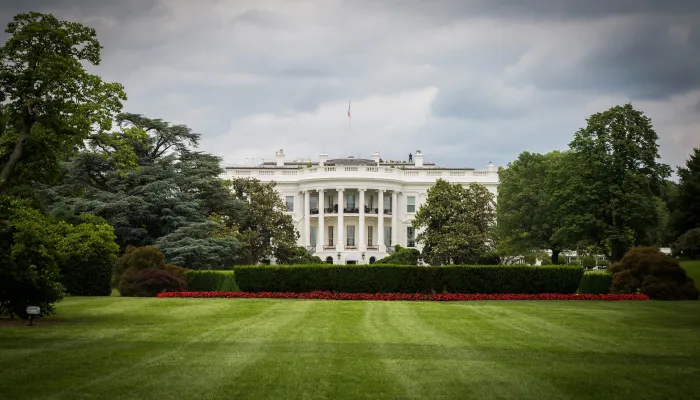Op-Ed: Now that the Election is Over, Let’s Fix the Country’s Debt Woes
The Hill | November 14, 2012
The election is over, the ballots have been counted and the TV commercials approved by the various candidates are, thankfully, off the air. But there is no time for President Obama and Congress to rest on their laurels. Policymakers need to return to the task of legislating, and nothing is more pressing than putting in place a plan to fix this country’s debt and avoid the year-end “fiscal cliff.”
Lost in the quadrennial tumult of campaign ads and horse-race coverage was any serious discussion of a plan to resolve the upcoming fiscal cliff — that ham-fisted combination of across-the-board spending reductions and tax increases of more than $500 billion next year alone — and, beyond that, the nation’s unsustainable debt. In the immediate future we face the prospect of hurdling into a self-imposed recession, and over the longer term, a fiscal crisis due to our own failure to act. No lawmaker should find either scenario acceptable. Our country is better than that.
With less than two months to go before we reach that cliff, the lame-duck session of Congress will be profoundly consequential. Though going over the cliff would indeed reduce the deficit — something we need to do — it would in fact be too much deficit reduction too quickly, and focus on the wrong parts of the budget. Though I realize that, given our nation’s recent track record of burying our head in the sand on the need to deal with the deficit, it seems a bit silly to worry about too much deficit reduction, this is a tricky balancing act. Ripping the wrong bandage off now and hurtling ourselves into a recession would ultimately make bringing the deficit down much harder.
There’s a big difference between implementing deficit reduction all at once and enacting a gradual plan upfront. A smart deficit-reduction plan should be implemented within the next several months, but be phased in gradually in order to protect the recovery and allow people and businesses time to prepare for changes. And, importantly, it would focus on the major problem areas of the budget, including healthcare and retirement programs, as well as comprehensive, pro-growth tax reform that broadens the base, lowers rates and raises revenues in order to help reduce the deficit.
As we stand on the edge of a fiscal cliff, however, we are also on the precipice of an amazing opportunity. The actions that must be taken to avoid the cliff could prove to be the push our political leaders need to make necessary larger, longer-term changes. Indeed, Moody’s Investors Service months ago declared that if Congress simply waives away the cliff, without making progress on long-term deficit reduction, we could face another downgrade. And without a deal, annual trillion-dollar interest payments will become a reality within the next decade, or sooner, and our publicly held debt will be twice of the size of the economy within 25 years.
With the consequences of inaction so clear and so dire, the moment for a long-term, comprehensive and bipartisan agreement to stabilize our national debt is now.
So what would a comprehensive reform look like? We should cut all wasteful and low-priority spending — but by no means is that the answer alone. We need to control the exploding costs of federal healthcare and retirement programs, reforming them to ensure our entitlement programs are strong for the next generation and protected for those who need them most. We also need to reform the tax code, which hasn’t had a thorough look-over since the 1980s. Given what a mess the tax code is, we in fact have the opportunity to make changes that would simplify the code, make us more competitive and help grow the economy through lower rates, while at the same time raising needed revenues to reduce the deficit — an opportunity that we should not miss.
The lame duck is the opportunity to start this process while avoiding the cliff. In order to extend some or all of the dangerous cliff policies, lawmakers need to put in place the process to secure a larger deal. This will have to be built on compromise. This means that neither party can hold on to its “sacred cows,” and favored constituencies will be offended. Those away from Capitol Hill have already been helping to create the political environment to make such compromise possible by signing the Citizen’s Petition at FixTheDebt.org, letting lawmakers know that it’s this kind of compromise they definitely do want.
Americans want a comprehensive agreement over the national debt. So do businesses, credit-rating agencies and the economy as a whole. It’s time for the president and Congress to shift from campaign mode into work mode and get this done, for the good of the country.
What's Next
-
Image

-
Image

-
